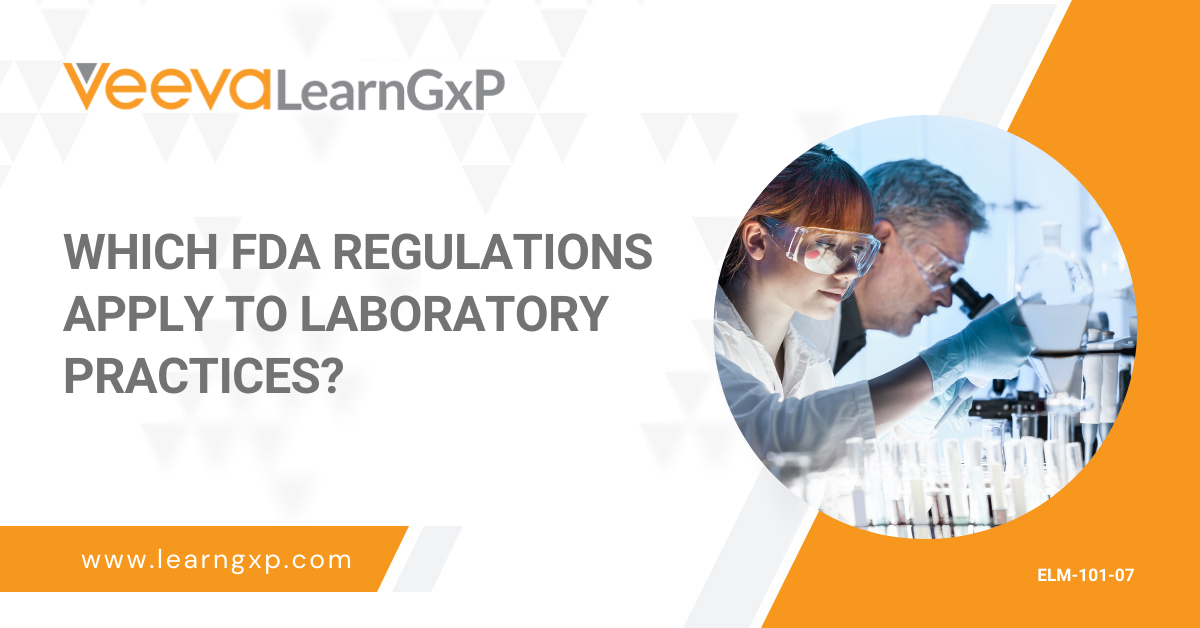The fundamental requirements of good quality control laboratory practice are:
1. Testing in a Compliant and Timely Manner
The laboratory has adequate accommodation, facilities, trained personal and approved procedures to perform the testing in a compliant and timely manner.
2. Approved Procedures
Sampling of raw materials, active pharmaceutical ingredients, intermediates, finished products and packaging materials are performed according to approved procedures by trained personal.
3. Quality Assurance Program
The laboratory maintains a quality assurance program, that is managed by staff that are free of undue influence that may affect their judgement and the proper discharge of their duties. The person in charge of the quality assurance program shall have direct access to the highest levels of management at which laboratory policy and resourcing decisions are made.
4. Education, Training and Experience
All staff should be demonstrably competent, and qualified by a suitable combination of education, training and experience to perform their assigned roles; and also be free of any undue management, financial, commercial or other pressures that may compromise the integrity of their judgement and the proper discharge of their duties.
5. Pre-Approved Testing Plan
All testing is performed according to a pre-approved testing plan.
6. Validated
All analytical testing methods are suitably validated.
7. Documented
All analytical testing is documented and demonstrated that testing was actually carried out according to written approved procedures.
8. Maintained and Calibrated
All instruments used for testing are suitable for their purpose, perform to appropriate performance specifications, are maintained and calibrated at regular intervals according to a written schedule. Any instrument not performing to established specifications shall not be used.
9. Documented
Any deviations are fully documented and investigated.
10. Established Specifications
All finished pharmaceutical products conform to established specifications of identity, potency, purity and performance and that they are packaged in the appropriate containers and are correctly labelled.
11. Results of Inspection
The results of inspection and testing of raw materials, APIs, intermediates, bulk and finished products are reviewed and assessed against established specifications, and such review and assessment is documented.
12. Product Assessment
Product assessment includes reviewing and evaluating of product production records and an assessment of any deviations from established procedures.
13. Prior to Certification
No batch of product is released for distribution prior to certification that is conforms to established specifications.
14. Retention Samples
14. Adequate retention samples of raw materials, active pharmaceutical ingredients, intermediates, and finished products are maintained to permit future inspection and testing should this be required, and that finished products should be kept in their final packaging.





